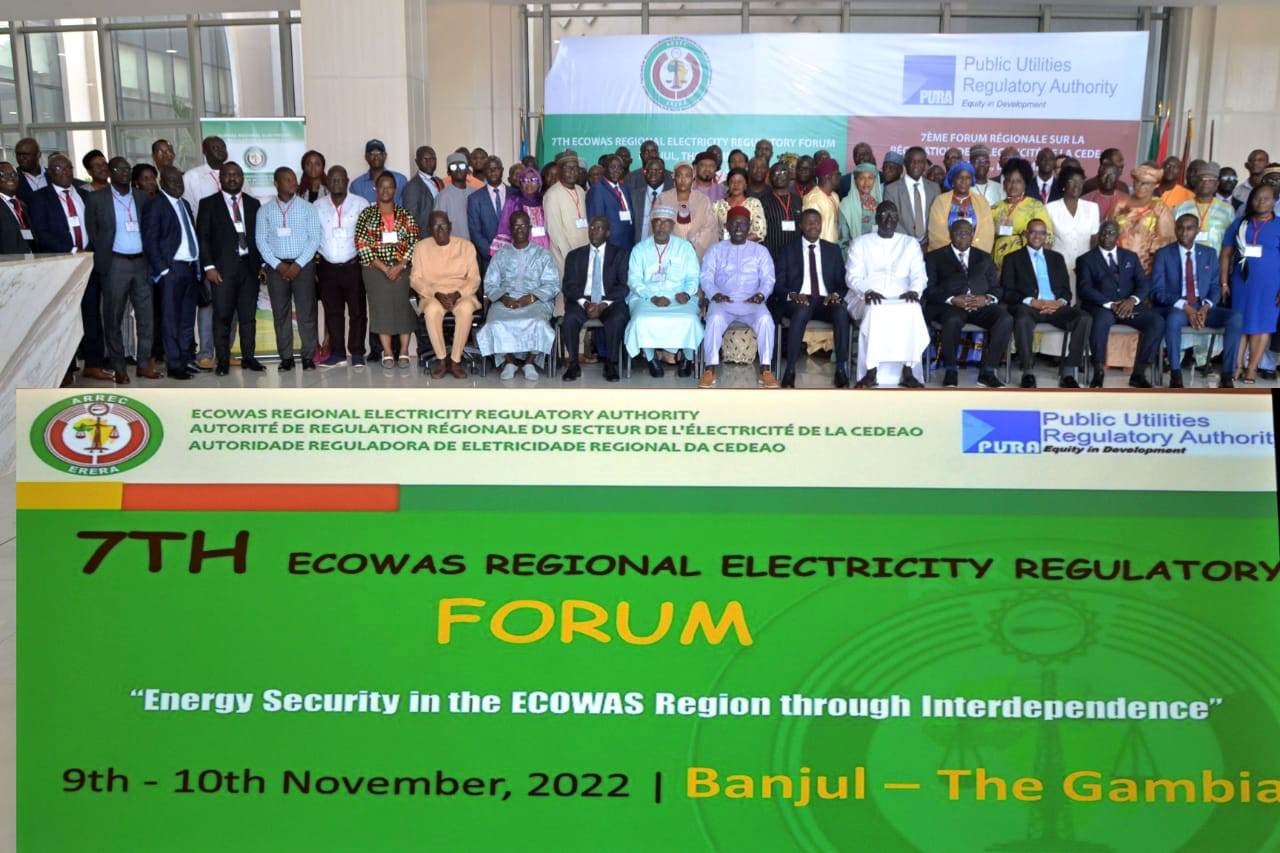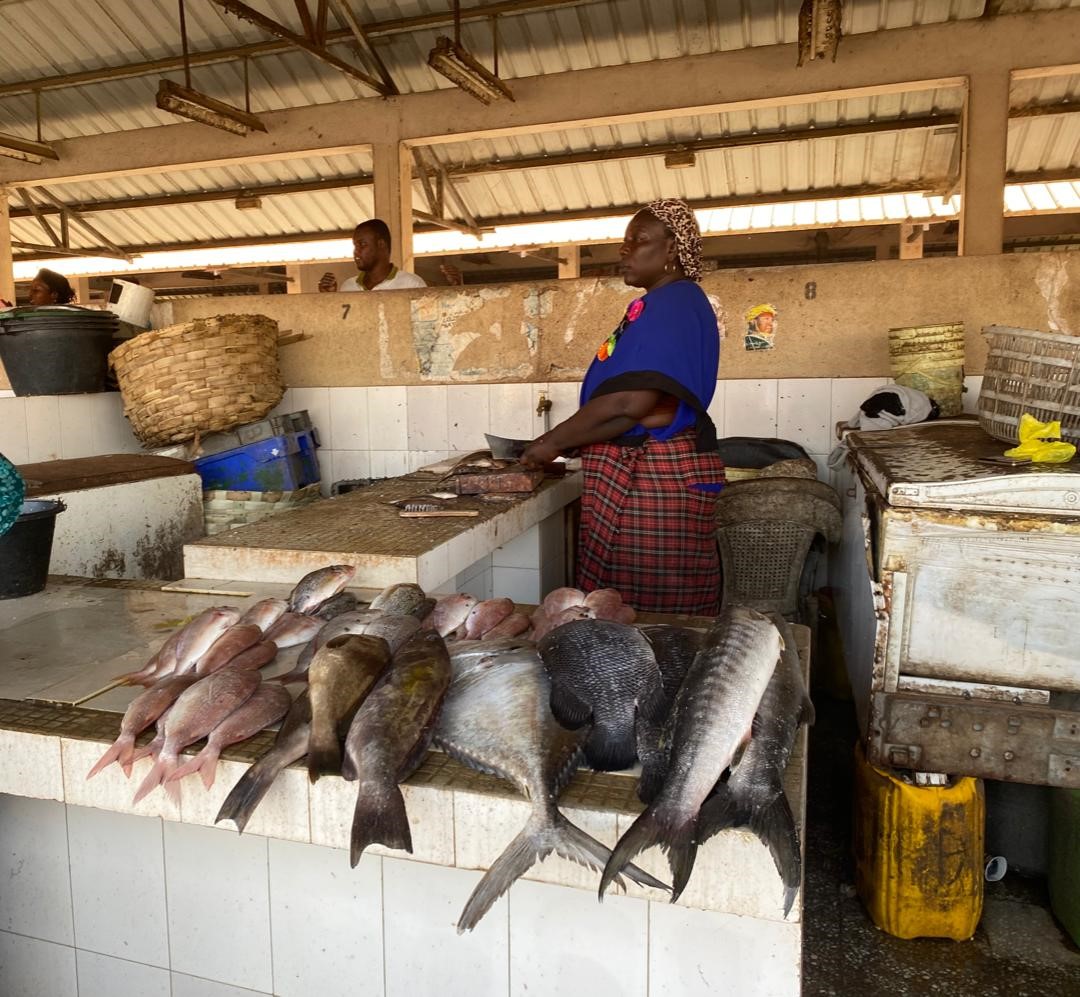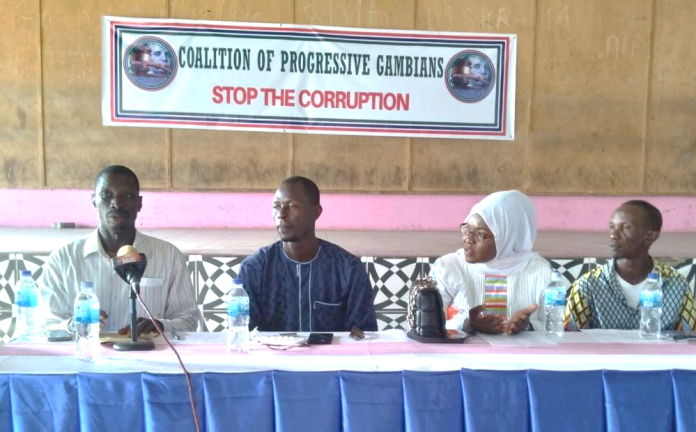By: Kemo Kanyi
Resource economist and PhD fellow in environmental sustainability Dr. Foday Joof has said forest serves as natural carbon sinks, adding that de-reserving the Abuko Nature Reserve tantamount to destroying this natural defense.
“Carbon sinks are a reservoir that absorbs or stores CO2 emissions from the atmosphere and helps mitigate the effect of climate change. Therefore, de-reserving the Abuko Nature Reserve means destroying this natural defence, thus increasing the country’s vulnerability to future climate shocks,” he added.
He pointed out that beyond the ecological implications of de-reserving the nature reserve,country’s tourism sector is also at risk.
“Given the increasing demand for eco-tourism and the Gambia’s rich natural ecosystem, the country is well-positioned to capitalize on this trend. Nevertheless, the myopic considerations to de-reserve the Abuko Nature Reserve could weaken the long-term sustainability of the tourism industry—an industry that accounts for roughly 20% of the country’s GDP and plays a critical role in stabilizing the Gambian dalasi,” he stated in an interview with The Voice.
Dr. Joof admonished the government against contradicting its own environmental protection policies. He continued:”The partial de-reserving of Bijilo and Nyanibereh National Forest Parks as well as potentially Abuko Nature Reserve, shows contradiction and a clear misalignment of policy. In its Nationally Determined Contributions (NDCs), the country commits to protecting its forest. However, the de-reserving of these crucial forest areas directly conflicts with this commitment. Likewise, the Ministry of Environment, Climate Change, and Natural Resources recently initiated a draft carbon trading bill aimed at preserving forests. Thus, de-reserving these forests undermines the very policies aimed at protecting them. How can The Gambia promote a carbon trading market while simultaneously shrinking the very resources that would fuel it?”
He described the Abuko Nature Reserve as one of the country’s most important eco-tourism destinations that attracts over 30,000 visitors, annually.
“It stands as an emblem of the Gambia’s rich biodiversity and serves as a crucial carbon sink, absorbing carbon dioxide emissions from the atmosphere. However, the attempt to partially de-reserve it signals a worrying shift in ecological policy,” he lamented.
Dr. Joof indicates that The Gambia must reassess its resource management approach to protect the environment and the economy.
“The government should prioritize restoration of degraded forest, and sustainable tourism to enhance the resilience of communities to climate shocks,” he advised.
“The Gambia can leverage its forests for carbon offsetting in the global carbon market, possibly earning millions of dollars, annually,” he added.
The PhD fellow in environmental sustainability stressed that by considering de-reserving forests at the same time as attempting to introduce a carbon trading bill discloses a critical inconsistency.
“On one hand, the government is preparing legislation to protect and leverage its forests for carbon credits. On the other hand, it is de-reserving key forest areas. How can The Gambia promote a carbon trading market while simultaneously shrinking the very resources that would promote it?” he wondered.
He explained that despite the fact that The Gambia emits less than 0.01 per cent of the global emission, the country faces severe climate risks.
“The Gambia has experienced erratic rainfall patterns, floods, and drought conditions, with the most notable droughts in early 2000 and again in 2011,” Dr. Joof recalled.
“These episodes significantly impacted food security, livelihoods, and pushing the economy into a recession,” he recollected.





